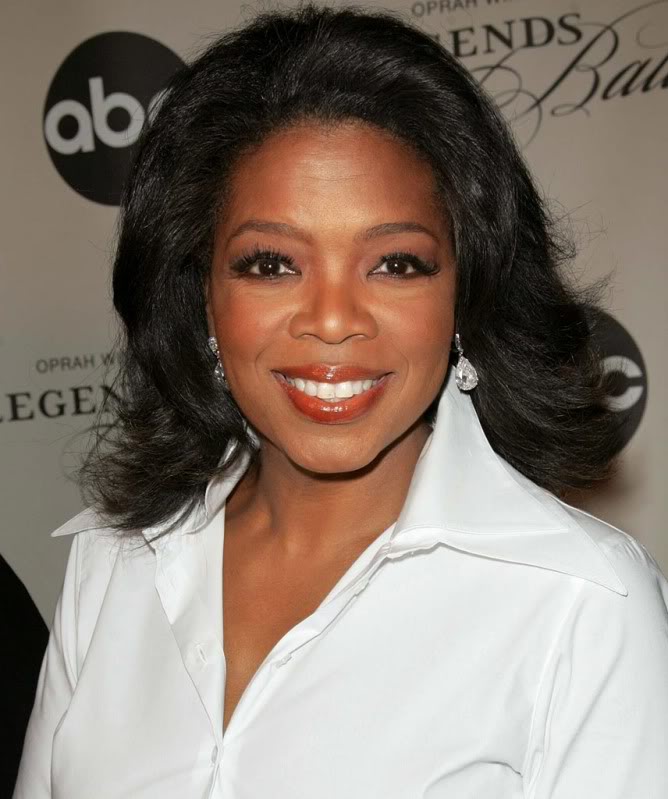
Last year, during a discussion on civil rights, segregation, and racism in my U.S. History class, a Hispanic student of mine became agitated. I could see that a question was forming in his head, and like any good teacher should, I invited him to share his thoughts.
Without missing a beat, he told the class that while it was a good thing that African-Americans were making progress with regard to civil rights, he felt that the public doesn't widely recognize the contributions of Hispanic-Americans to U.S. history. His statement gave me a momentary start, but I instantly recognized it as a credible and understandable observation.
While reminding him of the contributions of Cesar Chavez and Ritchie Valens, I indicated that in order to get into history books, such a cultural figure must have the support of a movement from within the greater Hispanic community as well as society in general. When he asked what I meant, I simply stated that things won't change on a large scale until we have someone like Oprah who can direct the flow of culture as a whole. He seemed satisfied and let the class continue.
This got me thinking. Gamers need an Oprah Winfrey, too. Gaming culture is an extremely lucrative business model — especially as sales of software and hardware, film and TV content, and hobbyist toys and apparel soar ever higher. Even in the face of dominating commercial success, we still see a backlash of people who do not take take the hobby seriously. The image of a gamer remains an adolescent male obsessed with violence and living a sedentary lifestyle. While the members of the community know that stereotyping in this way is at best a misconception and at worst a damaging accusation, the majority of the non-gaming population still sees the hobby in this light.
So, to the point, you may wonder what the heck I am talking about when I say that Hispanics need an Hispanic Oprah and that gamers need a gamer Oprah. Oprah Winfrey, the immensely powerful and influential talk-show host, is constantly promoting issues of African-American interest and bringing attention to the community through the use of television and movies. Oprah consistently advocates for the recognition of African-American interests while simultaneously navigating the pitfalls of the media as a whole. She avoids placing blame on or expressing bitterness toward other groups.

I believe a person with the widespread credibility that Oprah leverages could open up the way the broader populous see gaming culture. This could be a developer, a celebrity, or really anybody with a voice that receives significant attention. Jimmy Fallon sometimes features the lifestyle on his talk show, but it often seems gimmicky and uninformative. Curt Schilling is bringing his love of games to development, but his status as a minor sports star limits his reach. Developers like David Jaffe are more than willing to create interesting discussions when they share their thoughts on the condition of the industry, but his audience is probably even smaller than Schilling's.
Who would you like to see carry the banner of video games? Do you think that a celebrity would best? Or would you like to see developers become more vocal about portraying the hobby in a positive light? How would you bring gaming to a wider audience and increase its cultural credibility?


